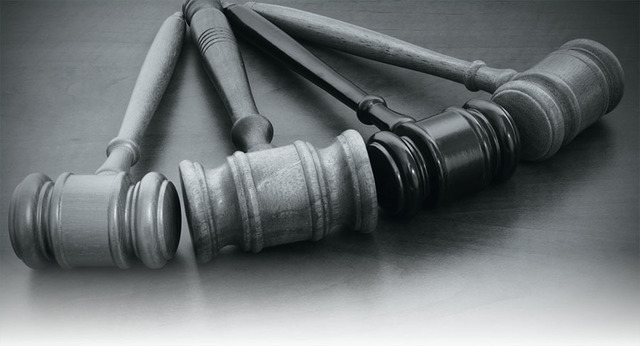Traditional arbitration works for consumers, employees and businesses. Studies from a recent ILR report, Fairer, Faster, Better III, show that employees and consumers win more money, more often and more quickly through arbitration than through litigation. Even the U.S. Supreme Court agrees, as it has consistently held that complainants are “better off under their arbitration agreements than they would have been as participants in a class action.” The only group that doesn’t like arbitration is plaintiffs’ lawyers, who don’t make as much money in arbitration as they would from class action lawsuits. ILR’s new research, Mass Arbitration Shakedown: Coercing Unjustified Settlements, outlines how plaintiffs’ lawyers have found a way to increase their paydays and undermine the traditional arbitration system by taking some of the most abusive parts of the class action system to create abusive “mass arbitrations.”
Here’s how mass arbitration works: Plaintiffs’ lawyers file thousands of the same arbitration claims—often without proper vetting—which trigger huge up-front costs for businesses because they, not the claimants, pay the arbitration fees. And those fees can’t be recovered even if the business wins every arbitration. Businesses have few options: settle masses of questionable claims, abandon the arbitration system altogether or pay millions of dollars in arbitration fees—even if the claims are meritless, or completely frivolous.
Mass arbitrations—or more commonly, threats by plaintiffs’ lawyers to initiate abusive mass arbitrations—have skyrocketed in recent years, costing U.S. businesses tens or hundreds of millions of dollars.
For example, in 2019, plaintiffs’ law firms filed 125,000 demands for arbitration against Intuit, the owner of TurboTax, on behalf of taxpayers who had used TurboTax to prepare their tax returns. As of November 2020, Intuit had paid $13 million in arbitration fees alone, yet that was only a small fraction of the hundreds of millions it would have owed in fees if it hadn’t settled, and the mass arbitrations had continued.
There are solutions for businesses, state bar associations and arbitration providers to protect the arbitration system from abuse.
- Businesses facing mass arbitrations should consider incorporating in their arbitration agreements the use of bellwether arbitrations—interspersed with mediation—to efficiently and fairly reach a global resolution of all claims by allowing companies to test the merits of the claims.
- Arbitration providers, like the American Arbitration Association (AAA) and JAMS, should revise their fee schedules and rules governing mass arbitrations.
- State bar authorities should consider scrutinizing mass arbitrations for potential violations of the Rules of Professional Conduct.
Undermining arbitration benefits only one group—plaintiffs’ lawyers—instead of the groups it is intended to serve—employees, consumers and businesses. It is time for these solutions to be adopted to prevent or lessen the abuses from mass arbitration and preserve the benefits of arbitration for all.
Stay in the loop with the latest news and subscribe to our newsletter.



